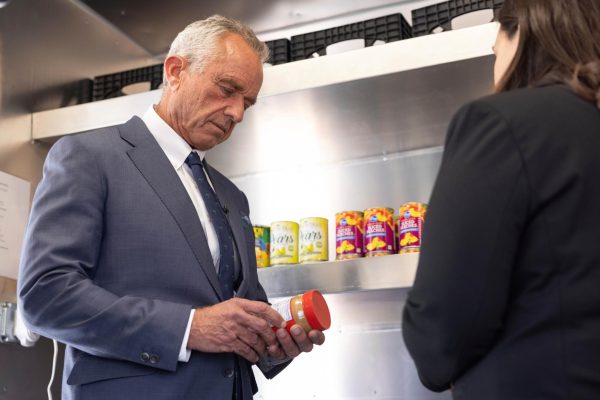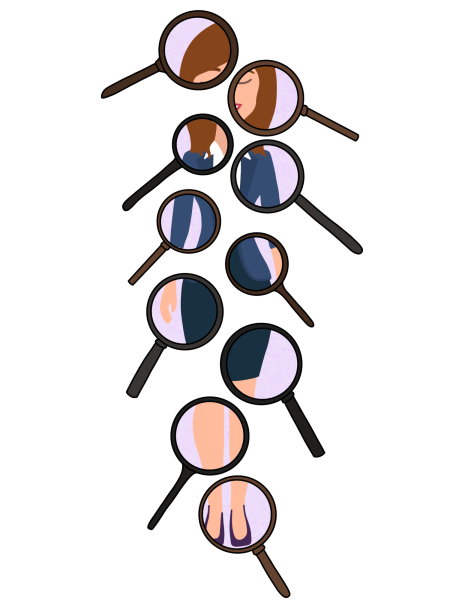Saving Lives Should Come Before Making Money
Let’s talk about the creepy pharmaceutical CEO, Martin Shkreli who raised the price of Daraprim, an oral medication used to treat toxoplasmosis and protozoal infections, by 5,000 percent. Originally $13.50 per pill, Shkreli, a former hedge fund manager and CEO of Turing Pharmaceuticals, gouged Daraprim up to $750 per pill. The medication is an anti-parasitical often used as an antimalarial in combination with other drugs to treat HIV-positive patients. There was a swift and immediate reaction to Shkreli’s unreasonable price hike on social media, and even Hillary Clinton voiced her disapproval. On September 23, The Guardian reported that Shkreli agreed to lower the price of Daraprim, attributing his 5,000 percent price increase to the company’s need to turn a profit. Forget the life-saving capability of the drug and those who depend on it–it’s all business for this CEO. Clinton used Shkreli’s shrewd, if not immoral, business decision as a campaign tactic, tweeting her pledge to take on this kind of “outrageous” price gouging in a specialty market. Shkreli conceded to lowering the price last Tuesday.
“We’ve agreed to lower the price of Daraprim to a point that is more affordable and is able to allow the company to make a profit, but a very small profit, and we think these changes will be welcome,” Shkreli told “ABC World News Tonight” on September 22.
After reading about this, I’m left with a sour taste in my mouth. It seems wrong to try to profit off of life-saving drugs, but medicine is as much of a business and deserves the perks of the free market. It still feels like there should be a humanity clause in there somewhere–or maybe I’m just advocating the full socialization of American healthcare. What can we do about something like this? Will an incendiary and quick reaction to unfair pharmaceutical price gouging always work?
“The Daily Beast” recently declared Big Pharma “America’s next mafia.” Perhaps our problem lies in the astronomically high number of Americans taking prescription medication. A study done by the Mayo Clinic in June of 2013 found that nearly 70 percent of Americans are on prescription drugs. With such a huge consumer base, it makes sense that massive companies would try to make it as profitable a business as possible for themselves.
It’s almost justifiable if you’re thinking of bored housewives popping a Xanax or Klonopin with a chilled glass of Chardonnay–they become thought of as designer item, like Cristal in Baccarat champagne flutes. But pills for anxiety, depression, etc. are no less important than those like Daraprim, and there is a clear disconnect when anyone who needs and deserves a medication cannot afford it because a company is trying to make a profit.
In any case, Shkreli is a real weirdo. A recent publication of a conversation between him and an ex-girlfriend from 2009 shows him offering her $10,000 in exchange for sexual favors. She of course declined. If anything, there has to be some kind of creepy pervert moral clause that gets Shkreli once and for all. It’s guys like Shkreli that give our beloved Big Pharma a bad name.




